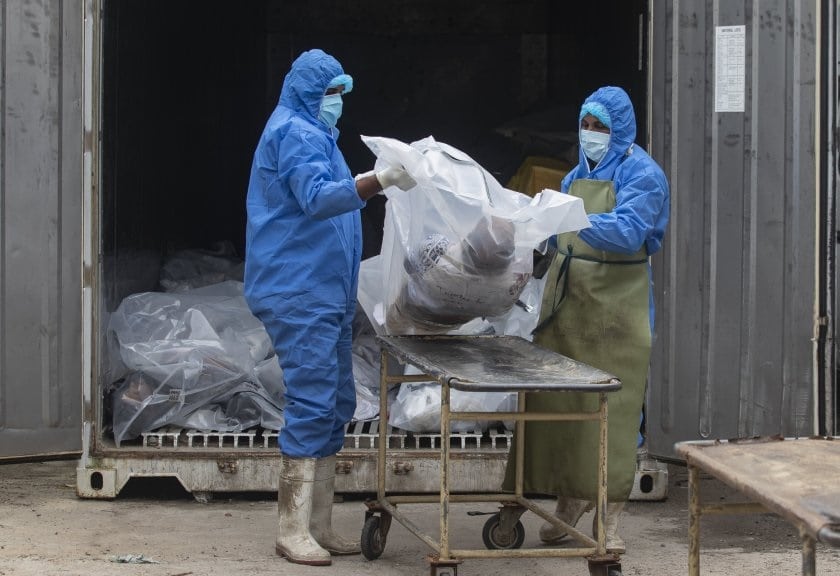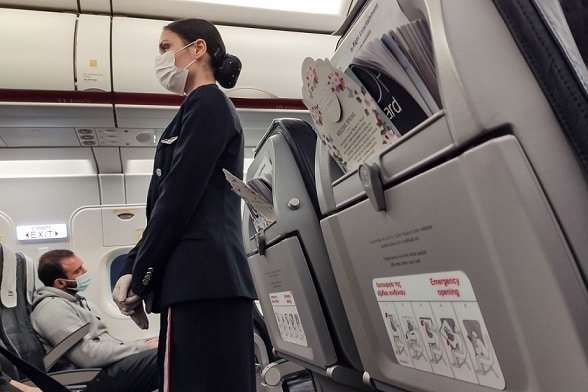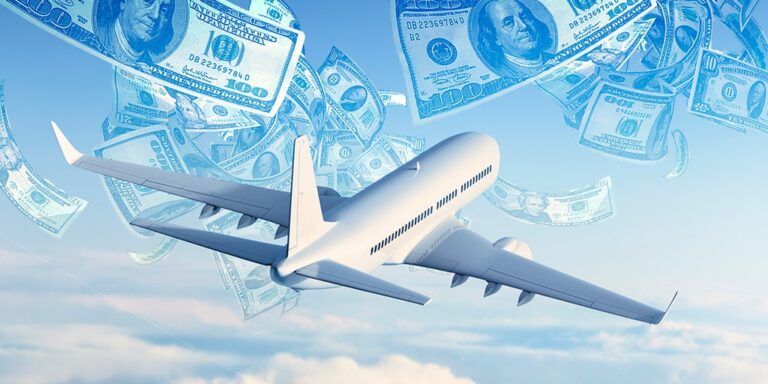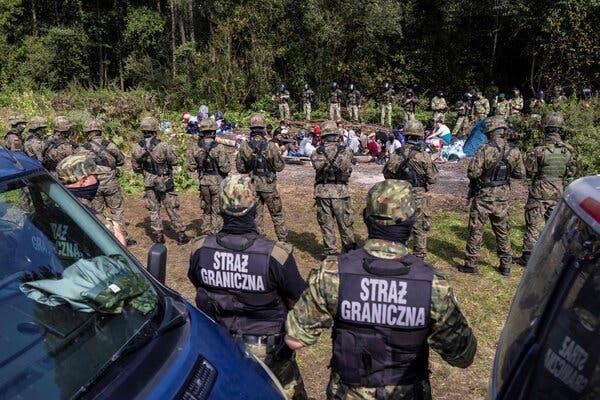
Sri Lanka goes on new lockdown as COVID deaths surge
- Sri Lanka announces a new 10-day lockdown.
- Sri Lanka’s new COVID-19 cases and deaths are on the rise.
- Pandemic spike overwhelms Sri Lanka’s hospitals and morgues.
Sri Lanka has bowed to intense pressure from medical experts after recording its highest single-day COVID-19 death toll of 187 and 3,793 new cases on Wednesday and announcing a 10-day lockdown beginning tonight.
Sri Lanka will be re-locked as the number of COVID deaths increases
The island states had to take drastic measures to contain the spread of the coronavirus as rising infections and deaths overwhelm Sri Lanka’s hospitals, morgues and crematoriums.
Sri Lanka has reported a total of 372,079 infections with 6,604 deaths since the outbreak began last year. Health experts say the actual toll was at least twice that.
“Nationwide lockdown in effect from 10pm today (August 20th) to Monday (August 30th). All essential services will work as usual, ”Health Minister Keheliya Rambukwella said on Twitter.
A subordinate health minister, Channa Jayasumana, had described the Delta variant of the virus as “a powerful bomb that has exploded in Colombo and is spreading elsewhere”.
Medical professionals, religious leaders, politicians and business people have called for an immediate nationwide lockdown to contain the spread of infection.
Doctors and unions warned that hospitals and morgues were reaching their maximum capacity and repeatedly urged the government to impose a lockdown.
The Sri Lankan government delayed the action, citing the ailing economy.
Daily infections in Sri Lanka have more than doubled to an average of 3,897 in one month.
Hospitals in the country of 21 million people are overcrowded with COVID-19 patients as the highly transmissible Delta variant rushes through the population.
Many restrictions are already in place, schools, gyms and swimming pools are closed, and weddings and music shows are prohibited. The authorities also imposed a night curfew from Monday, which restricted freedom of movement from 10 p.m. to 4 a.m. every day.
The third wave of infections in Sri Lanka was attributed to the traditional Sinhala and Tamil New Year celebrations in mid-April.
After a month-long lockdown, the government reopened the country in June, relying on an aggressive vaccination campaign as the main strategy to combat the spread.
Around a quarter of Sri Lanka’s population is fully vaccinated, most of them with the Chinese Sinopharm vaccine.
Sri Lanka has also approved Pfizer, Moderna, AstraZeneca and Russia’s Sputnik V shots.
Although more than five million of the 21 million population are receiving two doses of the vaccine, the virus has infected more people than the capacity of state and private hospitals.




